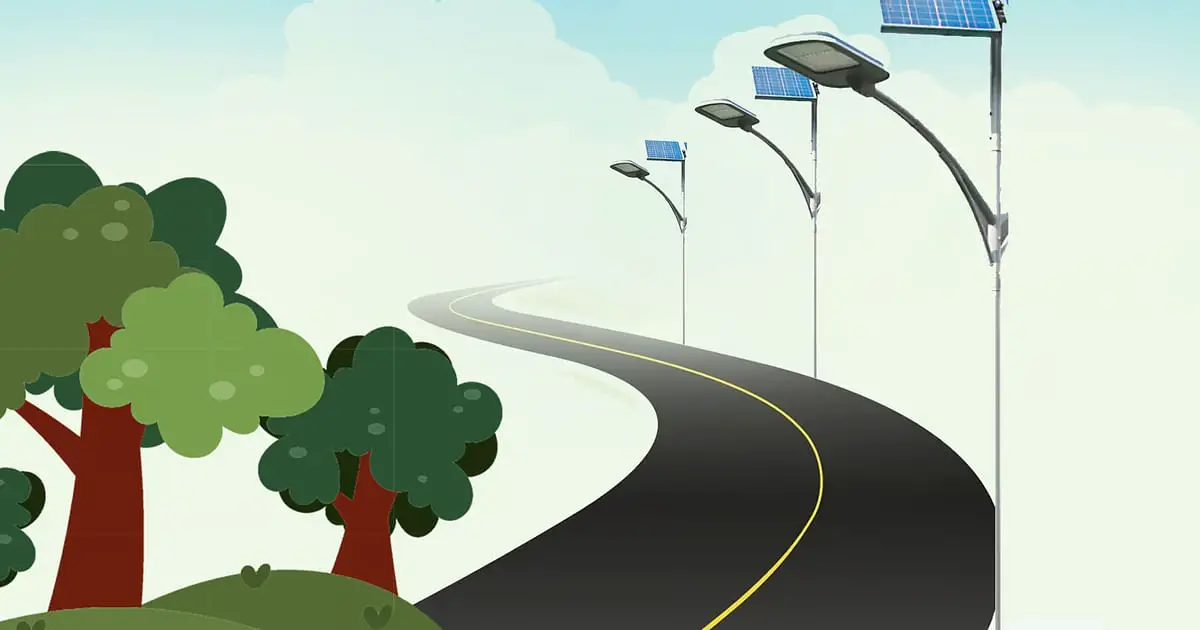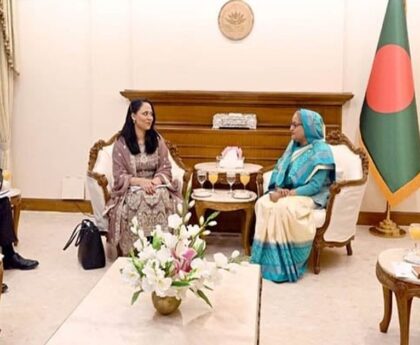Bangladesh is one of the countries most affected by climate change. According to a 2021 report by non-profit organization German Watch, Bangladesh ranked seventh among the 10 countries and territories that suffered the most losses from 2000 to 2019.
In 2009, the Government of Bangladesh established the Climate Fund with its own money to undertake projects to fight climate change. The following year an Act was made to manage the fund and a Board of Trustees was constituted. The Chairman of the Board is the Environment Minister. A total of 10 ministers and ministers of state, including the Finance Minister, Agriculture Minister and Food Minister, are members of the board. Five secretaries of various ministries and the Governor of Bangladesh Bank are also on the board. This board approves projects under the fund.
The Board of Trustees met on 26 February 2023 in which 69 projects were approved. Of these, 57 street lights were being installed at a cost of Taka 850 million. The last meeting of the board was held in October. A total of 47 projects were approved at the meeting, of which 32 were street light installation projects at a cost of Tk 520 million.
Trust managing director Joynal Abedin told Prothom Alo that the trust only brings projects to the meeting while the board of trustees approves the projects.
Shahab Uddin, who was the Environment Minister in the previous cabinet, was the chairman of the trustee board. Street light projects were mostly started during his tenure. Asked why such projects were taken up, he told Prothom Alo on Wednesday (20 March) that the projects were approved due to necessity.
However, the Bangladesh Climate Change Strategy and Action Plan (BCCSAP), created in 2009, states where the climate fund money will be spent, prioritizing five areas of climate adaptation. The priority areas are food security, social security and health, integrated disaster management, infrastructure, research and knowledge management and institutional capacity and efficiency building. Mitigation, including reducing carbon emissions, is given less importance.
In the National Action Plan, adaptation means projects like construction of dams, supply of fresh water, production of salt tolerant crop seeds, cultivation of floating vegetables and mitigation means projects like construction of street lights, rest houses and drainage. Mitigation has been given less importance in the action plan. However, projects related to mitigation appear to be receiving greater priority.
Ainun Nishat, emeritus professor and climate change expert at Brack University, is one of the members of the trustee board. He told Prothom Alo that projects such as the installation of street lamps and the construction of drainage have no connection with climate change. In the last five years, many such projects were taken up which were not needed.
It is observed that adaptation projects like construction of dams and supply of fresh water used to get priority before 2019. Later, projects of installation of street lamps and drainage construction started getting priority. Projects to mitigate the fresh water crisis were few. For example, Shyamnagar and Asasuni upazilas of Satkhira suffer from acute shortage of fresh water. However, no project has been taken up in five years under the climate fund to eliminate that crisis in both the upazilas.
Ataul Haq, former chairman of Shyamnagar upazila and recently elected MLA from Satkhira-4, told Prothom Alo on Saturday that he tried hard to get money from the Climate Fund for projects to ease the fresh water crisis in Shyamnagar. , but he did not get any allotment. ,
Ataul said he would continue to try to get allocations for fresh water projects now that he has become an MP.





